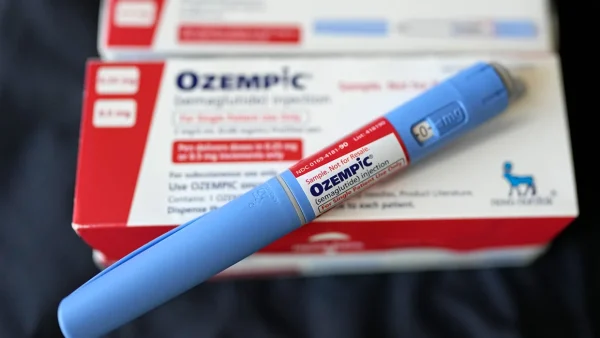The Importance of Being Germ Conscious

December 10, 2018
The Five Second Rule has plagued the world for far too long.
The common sentiment (often used by elementary kids that don’t want to miss out on eating a filthy fruit snack) is just another sign that, as a society, we have become far too comfortable with the idea that germs are harmless. But illness is a major issue, one that can be combated quite easily in the first-world countries of today’s world.
Let’s take notice of just a few of the everyday items we use that harbor dozens of microbes. For example, your cell phone, something that many of us can’t seem to live without…and can’t seem to keep clean. Oftentimes, phones are covered with germs such as streptococcus and staphylococcus bacteria, as well as E. coli, all of which can be a major detriment to our health. Or, perhaps your wallet. Various studies of U.S. currency indicated that bacteria, viruses, and fungi typically found in the mouth, on the skin, or even in genital areas often latch onto cash and coins. Even your beloved Hydroflask, which may be good for the environment, isn’t so good for your body. If you don’t clean it regularly and thoroughly, your reusable water bottle likely has hundreds of thousands of colony-forming units of bacteria.
Take all of these things into account, and consider how often your hands or something you’ve held could come in contact with your mouth, eyes, nose, and other entrances for bacteria to enter your body. Forgetting to clean before eating a snack could lead directly to influenza. Rubbing your eyes after a handshake? You just contracted conjunctivitis. Bringing your lips a bit too close to the drinking fountain? Mononucleosis.
Being germ-conscious isn’t only a benefit for the individual that follow steps to remain alive and well. There are many people around the world that have immune systems that are unable to effectively fight off disease. For example, infants and the elderly are at a very high risk of contracting seemingly simple diseases – influenza, for example – which may easily lead to death, or exceptionally long and expensive hospital visits. Those with autoimmune diseases are also at a very high risk, due to their use of immuno-suppressant drugs. Great complications can arise, even from something as simple as the common cold.
My mother has an autoimmune disease that requires my family to remain constantly vigilant in ensuring that she is not endangered by any sort of illness. As an elementary school teacher, she’s at a high risk of contracting illness from students without good health habits. By establishing the importance of keeping hands clean, wiping off desks with Clorox wipes, and covering coughs, she has decreased the prevalence of absences dramatically.
Now, I don’t mean to say that complete lack of exposure to germs is the best option for today’s youth. After all, vaccines do carry a very small quantity of weak or dead disease-causing germs, in order to promote natural immunity. However, deliberately risking a child’s well-being so their immune system can learn to “suck it up” is a flat-out inhumane mindset. If you sit idly by as your child plays with blocks at the library or in a doctor’s office, which has been coughed and sneezed upon throughout the day, don’t be surprised if they get sick.
But, some easy steps can be taken to ensure that your child remains germ-conscious throughout their entire life.
- Get your child vaccinated at birth, and follow the childhood vaccination schedule provided by your doctor. Remember, the myth that vaccines cause autism is completely unproven.
- Politely remind your child to wash their hands before and after every meal.
- Encourage your child to cover their coughs and sneezes with the crook of their elbow, not with their hands.
- Make sure that your child uses hand sanitizer or washes their hands after using a tissue, shaking hands with a person, et cetera.
- Get your child involved in with chores focused on keeping a healthy home; for example, cleaning the bathrooms, or cleaning the kitchen counter and dinner table.
While germs are not something to be afraid of, remaining germ-conscious throughout one’s life is key to a healthy future. We may not be able to actually see the germs that threaten our lives, and sure, perhaps it may seem those germ-conscious people as a bit obsessive. But living life without a healthy awareness of the danger of germs is the best option to ensure a long, high-quality life. It’s better to jump at shadows than to shrug at tigers.




















Joyce Hazen • Oct 18, 2020 at 10:27 am
Great article. More things you can do as well is be aware when shopping… wear the mask always, but also protect your hands, check out https://www.safehands.co/ also on Amazon. I created this, had trademark and patent and it’s doing well. We just need to be aware and cautious always. Be safe out there !